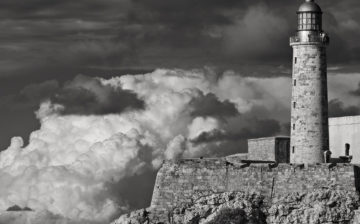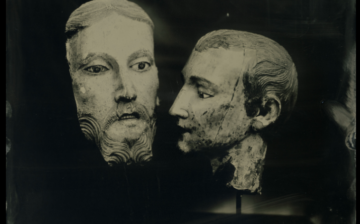Workshops
Guided by accomplished professionals, dive deep into the dynamics of making documentaries in this extraordinary six-week intensive.
There are no available registration dates at this time.
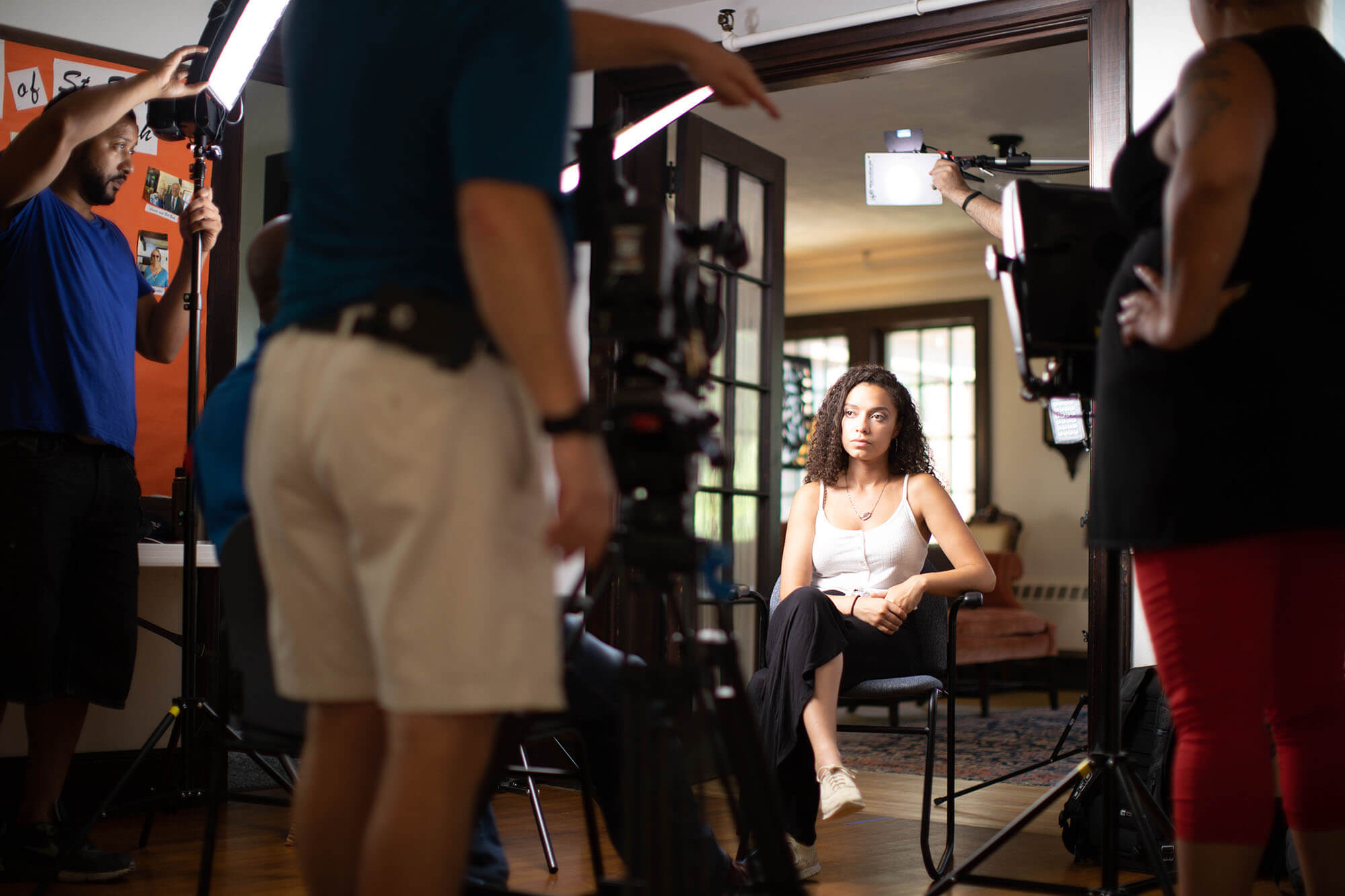
It’s a golden age for the documentary. The creative evolution of nonfiction filmmaking has led to a diversity of compelling and often astonishing films that have challenged how we perceive the form. Streaming, broadcast, web, and theatrical outlets have expanded opportunities for distribution of documentaries.
This six-week intensive immerses students in the dynamics of making short and long form documentaries. Led by accomplished and award-winning filmmakers, you will get a real-world view of development, research, structure, production, interviewing, cinematography, editing and much more. View included workshops.
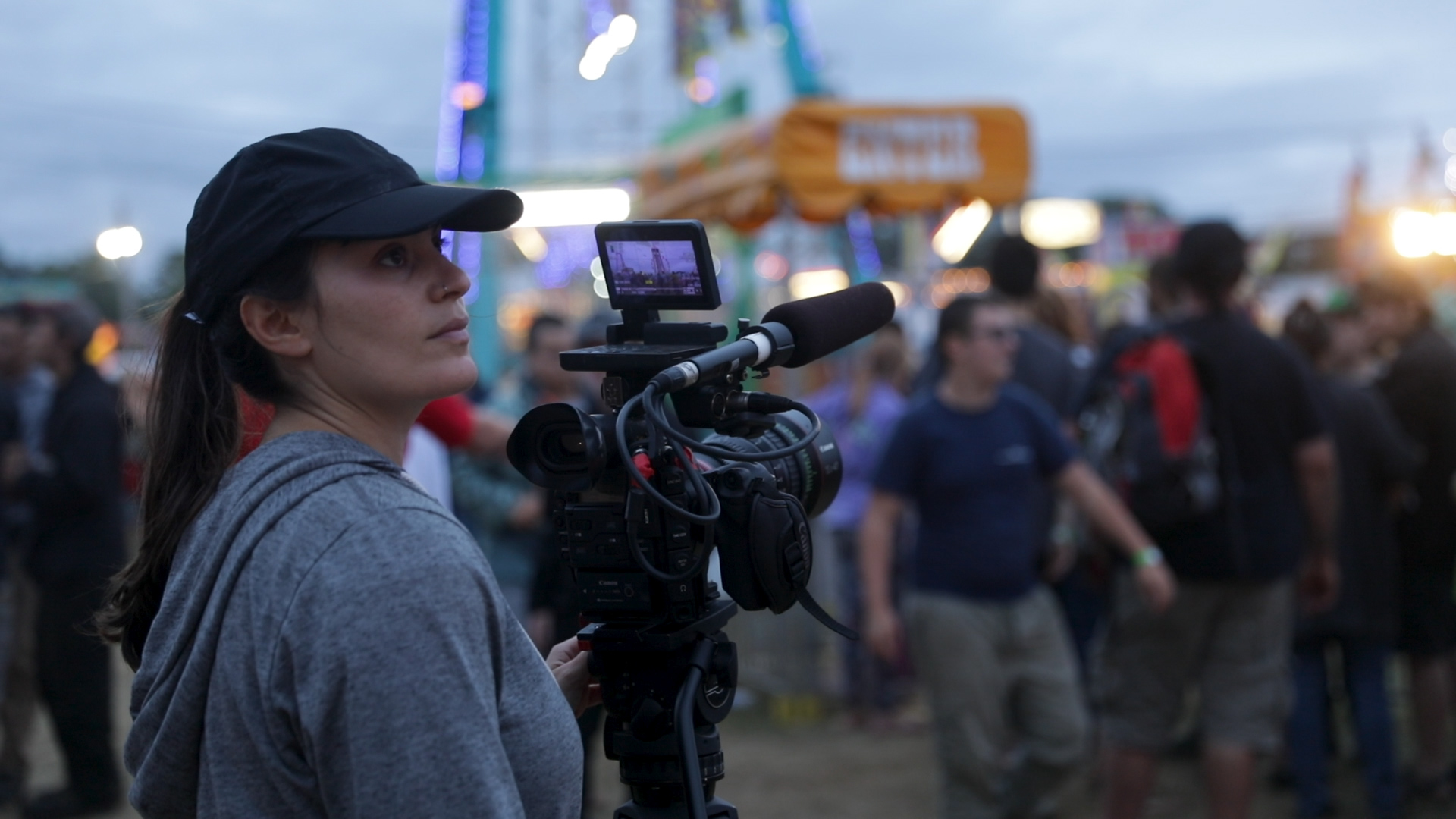
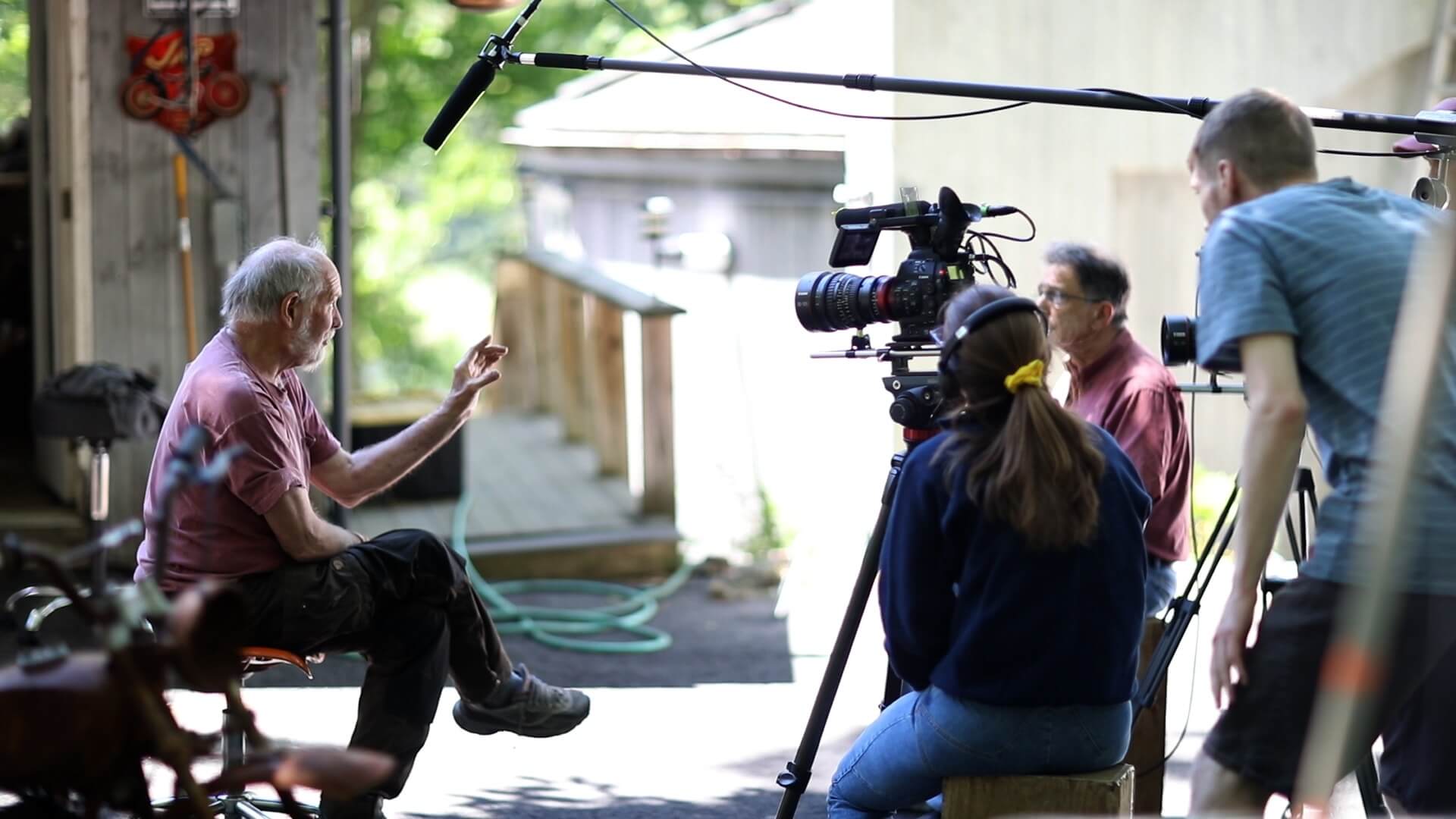
Please note: Each of these workshops can also be taken individually if you are looking to take a specific class. Please contact Registration for information on room & board fees for intensives at [email protected].
Testimonials:
“The industry professionals that come in are world-class. You get intimate time with them to really ask questions, learn, and network with other creatives. All the while, you get hands-on time with some of the best equipment in the industry, which is unique for a small school in the middle of (beautiful) nowhere. I will always recommend Maine Media as a great organization!”- Rob Weidner, Alum, Camera Operator, “Black Panther”, “The Maze Runner”.
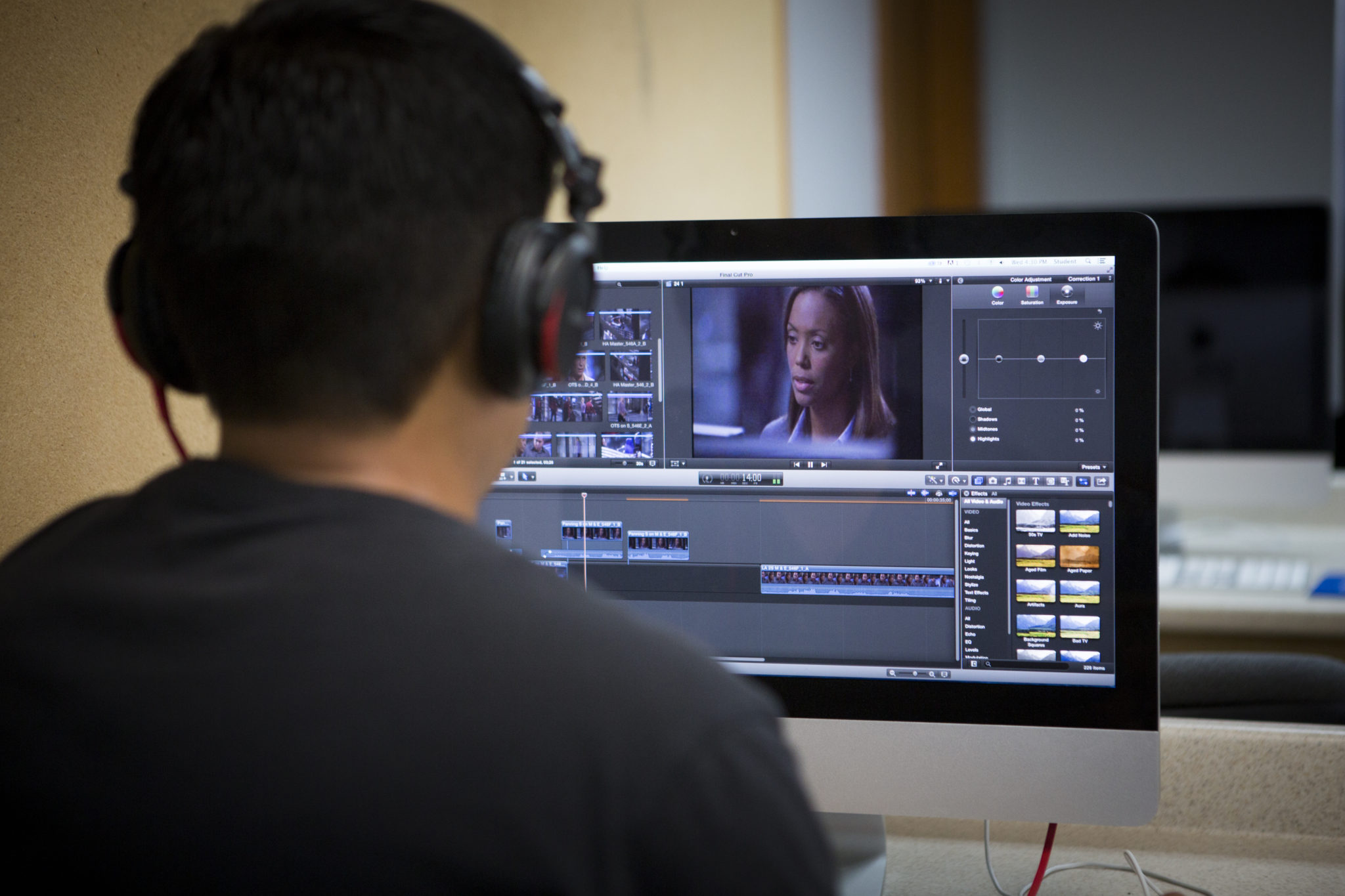


Please note: An hour-long training session on Set Etiquette and Safety will be required of anyone registered for a workshop that involves production. Students only need to participate in this session once during their time on campus.
The 6-Week Nonfiction Intensive Workshops (Jun 17-Jul 26, 2024)
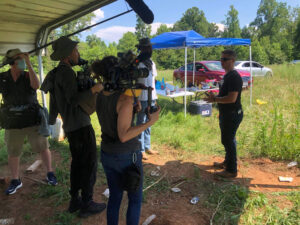
Week 1: Developing & Producing the Documentary
Whether making a short-form or long-form documentary, great filmmakers know that story is the backbone of gripping non-fiction projects. Knowing how to develop, shape and focus that story is vital to success. We’ll examine documentary genres and styles as you consider where your idea best lives and what makes your project unique. You’ll explore story structure, learn how to shape acts, research and identify sources and characters, prepare for and conduct interviews, leverage third-party footage and other sound sources, and weave everything together in service of both art and impact.

Week 2: Conducting the Interview
What makes for a gripping interview? A revelation of character, an illuminating insight, a sense of intimacy? As an interviewer do you provoke or evoke? Is an interview an open-ended conversation or is it a series of strategic questions with a targeted end in mind? In this cross-platform workshop, students will learn how to conduct background research and how to compose questions for rhythm and pace. We will analyze video, print, and podcast interviews, and screen relevant documentaries.

Week 3: Creative Nonfiction Filmmaking
The creative evolution of nonfiction filmmaking has led to a diversity of compelling and often astonishing films that have challenged how we perceive the form. Films like Dick Johnson is Dead, Procession, The Pigeon Tunnel, The Rescue, Waltz with Bashir, Flee, The Five Obstructions, Capturing the Friedmans, and Summer of Soul have demonstrated how a spirit of risk and invention can make stories land with new degrees of impact. This workshop will help students explore new ways of visually relaying factual information—and will challenge preconceived notions about documentary filmmaking.
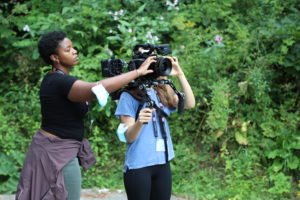
Week 4: Nonfiction Cinematography
This one-week course is for emerging documentary filmmakers and cinematographers who want to explore the technical and creative role that the camera plays in documentary production. Students learn the best camera techniques for documentary and narrative work in order to deepen their mental and physical understanding of scene coverage. We will explore shot design, camera movement, and point-of-view. Students will also gain insight into the working relationship between the Director of Photography, the Director, their crew, their environment, and most importantly, their subjects.

Week 5: Observational Filmmaking
In this workshop, through screenings, case studies, and fieldwork students will explore the building blocks that are the foundation of an observational documentary scene. Emphasis is placed more on practice than theory. From daily filming and editing, an understanding of how to construct a story based on observed moments that do not rely on voice-over or narration will evolve. The class will involve a mixture of assigned exercises and independent short projects.

Week 6: Editing the Documentary
Guided by an accomplished editor, examine the practical and creative aspects of editing a documentary. Lessons and exercises will apply to both short and long form documentaries. Students will learn how to analyze documentary footage from an editor’s point of view, identify and develop the core of the story, explore the importance of rhythm in editing a scene, learn the dynamics of an effective workflow, and examine how to work with different types of scenes including interview, verité, archival, and montage. We will consider strategies for a first assembly, rough cuts, fine cuts, and finishing. Other topics include working with temp music, archival footage, and graphics.

OPTIONAL FOLLOW-UP WORKSHOP (Week 7)
The Art of Lighting and Shooting Interviews is offered the week following the end of this intensive (Jul 29-Aug 2, 2024). This workshop gives students the opportunity to learn to light and film interviews with minimal time and equipment, producing high-quality professional-looking interviews that have a high-end, news-magazine-style look. Taught by Doug Jensen, a veteran freelance cameraman/director with decades of experience shooting news, documentaries, and reality shows for major broadcast and cable networks; as well as directing and shooting hundreds of corporate videos. Registering for this workshop (not included in the intensive) comes with a $200 discount if bundled with this 6-week intensive.


